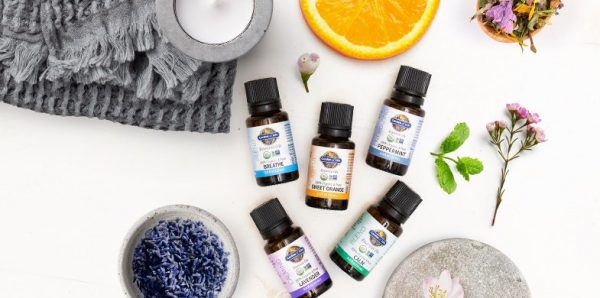7 Essential Oils for Boosting Mood

If your mood needs a quick pick-me-up or a calming effect, try one—or several—of these essential oils for natural solution
Learn More


If your mood needs a quick pick-me-up or a calming effect, try one—or several—of these essential oils for natural solution
Learn More
Identifying What All Depression and Anxiety Sufferers Have In Common!
Read More »
Doctors may have discovered a new biomarker for depression: acetyl-l-carnitine (ALC). The body naturally produces ALC, which attaches tags to DNA with instructions to turn specific genes on or off.
Learn More
How quickly the brain processes information slows with age, which can affect other cognitive functions. Use these tips to improve memory!
Learn More
Taking Pycnogenol may increase cognitive function in those that show mild decline while those who suffer from IBS and depression may benefit from taking a probiotic.
Learn More
Doctors believe lemon balm works by reducing levels of cortisol, the “stress” hormone, and by increasing gamma- aminobutyric acid (GABA), the major nerve-signaling compound in the brain that helps prevent overstimulation and promotes calm.
Learn More
Doctors wanted to know if adding fish oil supplements to a Mediterranean- style diet would reduce depression symptoms. In this study, 152 adults self-reporting depression attended a Mediterranean cooking class every two weeks for three months.
Learn More
Evidence suggests low iron levels are linked to depression in the general population and increases the likelihood of depression in pregnant women by as much as 29%.
Learn More
Folic acid and multivitamins have benefits in both.
Learn More
Supplement support for new moms!
Learn More
Doctors wanted to compare the effects of saffron with that of Prozac on symptoms of postpartum depression. The study included 68 women, four to 12 weeks after giving birth, with moderate depressive symptoms according to a standard depression rating scale.
Learn More
This is one of the first studies to explore the effects of omega-3s on cognition and brain physiology. In the study, doctors divided 166 participants into low- and high-levels of the omega-3s EPA and DHA.
Learn MoreAll articles have been loaded.